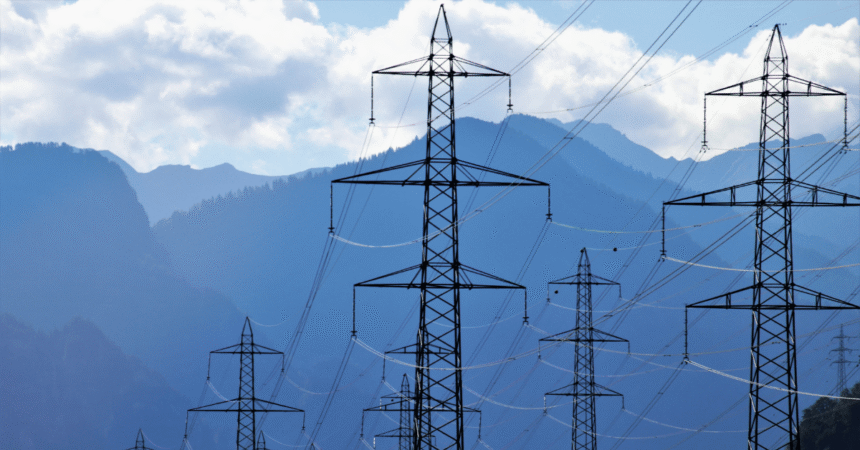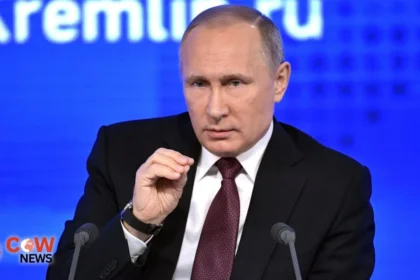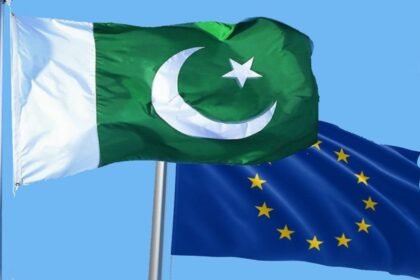As the summer sun sets over Pakistan, a new wave of financial uncertainty looms on the horizon. The National Electric Power Regulatory Authority (NEPRA) has recently approved an additional charge of Rs1.743 per unit for the next three months, starting from September 2024. This decision will enable distribution companies and K-Electric to recover Rs43.23 billion through quarterly adjustments for the fourth quarter of the fiscal year 2023-24.
But what does this mean for the average Pakistani household? The answer is simple: more financial burden. The price hike will affect customers of both state-owned distribution companies and K-Electric, adding to the already skyrocketing energy costs that households are struggling to keep up with.
The breakdown of the recovery amount is a stark reminder of the complexities of Pakistan’s energy sector. Capacity charges account for a whopping Rs21.253 billion, while system usage charges and market operator fees add another Rs7.368 billion to the total. The impact of transmission and distribution (T&D) losses is a staggering Rs11.23 billion, and variable operation and maintenance charges make up the remaining Rs3.5 billion.
But that’s not all – an 18% GST on the total recovery amount will further inflate the burden by Rs7.78 billion, making the total amount to be collected from consumers a staggering Rs51 billion. This is a staggering amount, and one that will undoubtedly put a strain on already tight household budgets.
So what can be done to mitigate the effects of this price hike? One possible solution is for households to reduce their energy consumption. This can be achieved through simple measures such as using energy-efficient appliances, turning off lights and electronics when not in use, and using natural light during the day.
Another solution is for the government to explore alternative energy sources. Pakistan has an abundance of renewable energy resources, including solar and wind power. Investing in these resources could help reduce the country’s reliance on fossil fuels and lower energy costs in the long run.
In conclusion, NEPRA’s latest decision is a stark reminder of the challenges facing Pakistan’s energy sector. The price hike will undoubtedly put a strain on household budgets, but there are steps that can be taken to mitigate its effects. By reducing energy consumption and exploring alternative energy sources, Pakistan can work towards a more sustainable energy future.
#NEPRA #ElectricityPrices #PriceHike #Pakistan #EnergyCrisis #Sustainability







